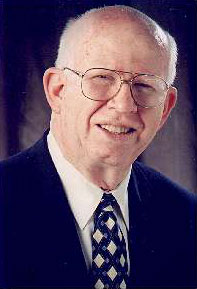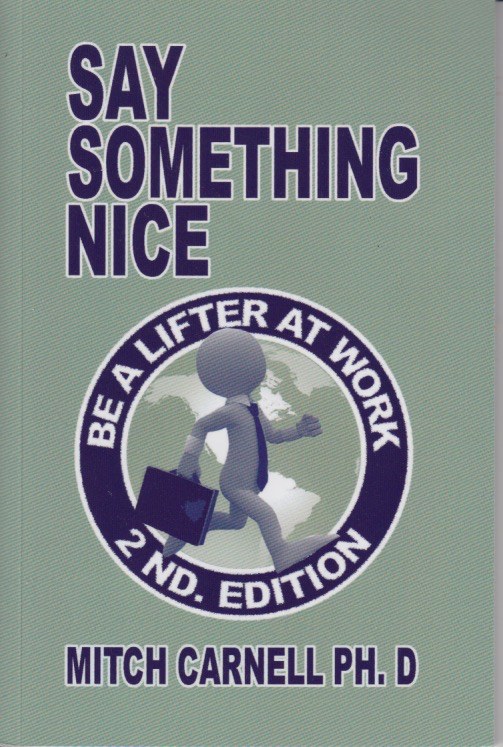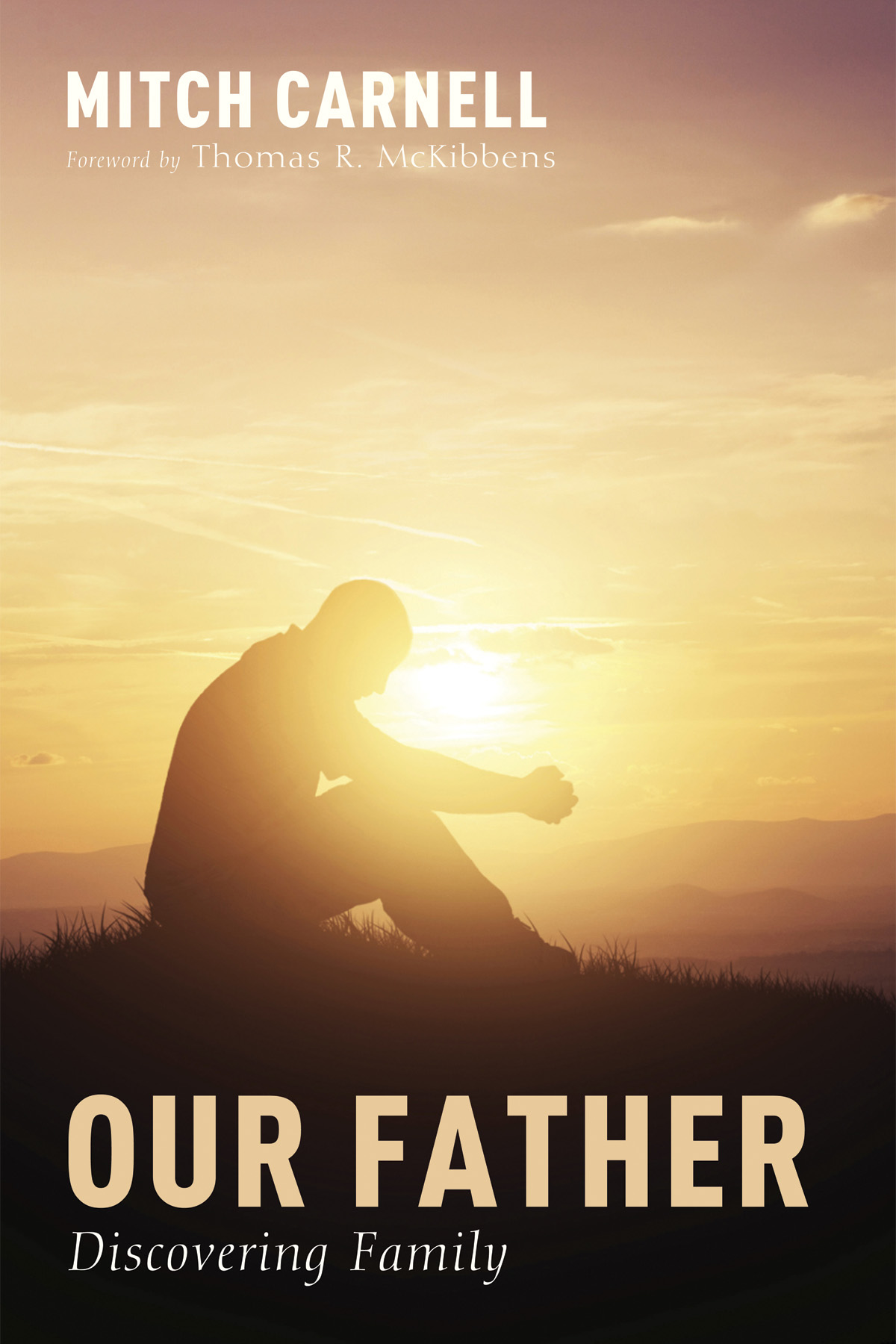| Mitch Randall Posted: Wednesday, August 20, 2014 3:16 am
Growing up in Tulsa, Oklahoma, my dad listened to talk radio on KRMG. On occasion, when I was not staring out the window dreaming of hitting three home runs in a World Series game, I would tune into the talking voice blaring from the speakers of my dad’s 1966 Mustang. There was one particular voice I enjoyed much more than others: Paul Harvey, who taught me every story had a backstory and a surprise, if only we were patient enough to listen for it. He told of kings, presidents, authors, missionaries and many other famous people who had influenced the world. As he closed each segment, he would end it with his signature catchphrase, “And now you know the rest of the story.” One of my mentors, Roger Olson, professor of Christian theology and ethics at Baylor University’s Truett Theological Seminary, wrote an interesting article recently about selective memory in religious history books. He pointed out that many history books exclude “the rest of the story” when it comes to historical figures. We baptize history in many cases, retelling it to suit our desired arguments. History, like life, is a messy endeavor doomed to be misjudged if not assessed from many different vantage points. Even when it comes to life, we often forget there is a “rest of the story.” We like to jump to conclusions, render skewed judgments and voice opinions before truly knowing the full measure of a person or his or her story. We have turned into a culture that does not take time to listen, ingest or walk around in someone else’s shoes. We often jump ahead of ourselves to render the credibility of someone’s situation based upon our own preconceived ideas and limited knowledge about the circumstances. The disciples asked Jesus one time, “Rabbi, who sinned, this man or his parents, that he was born blind?” (John 9:2). Their question reveals the cultural and religious bias the disciples possessed. They believed the man’s predicament was brought about by his own personal sin or the sins of his parents. Jesus tells them they misjudged the situation and the man. In other words, they did not know the rest of the story. In a world where people have unique and personal narratives that demonstrate the worst and best of humanity, we would be wise to listen before we jump to conclusions. We would do well to research and discover all perspectives before drawing conclusions based upon selective knowledge. Or, as Harvey used to say, “Now that we know the rest of the story,” maybe we can be understanding and empathetic to others’ circumstances. We will not always agree, but maybe we can speak with a little less venom. More than anything these days, we need more listening and understanding and less biased and unfiltered opinions. Before we speak, before we judge, let’s make sure to get “the rest of the story.”
|

 Mitch Randall
Mitch Randall












